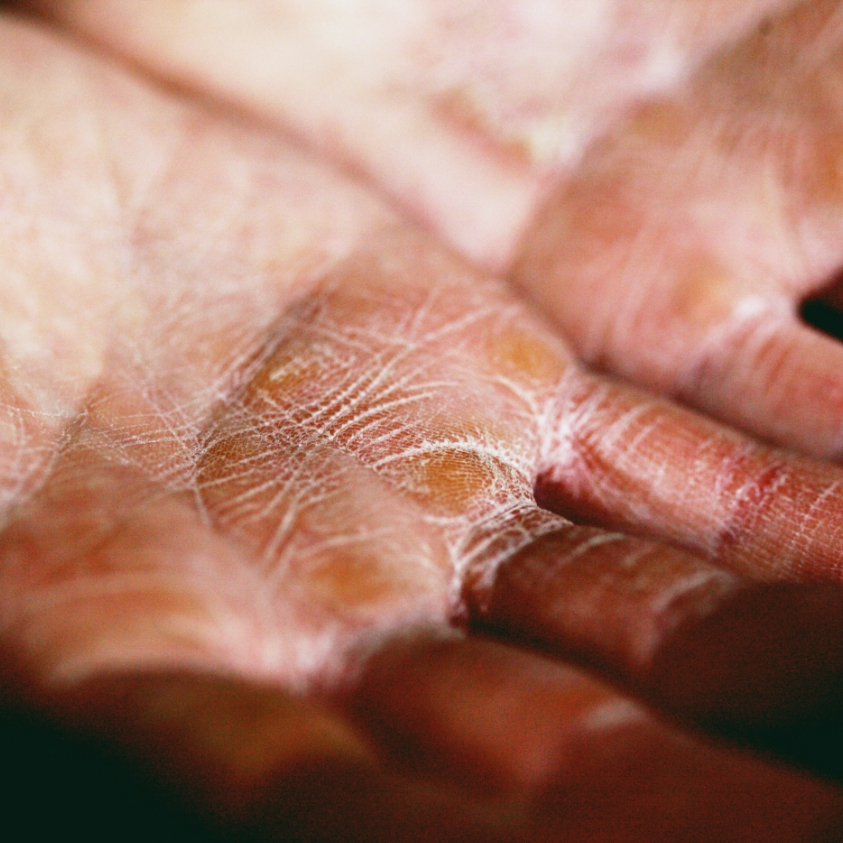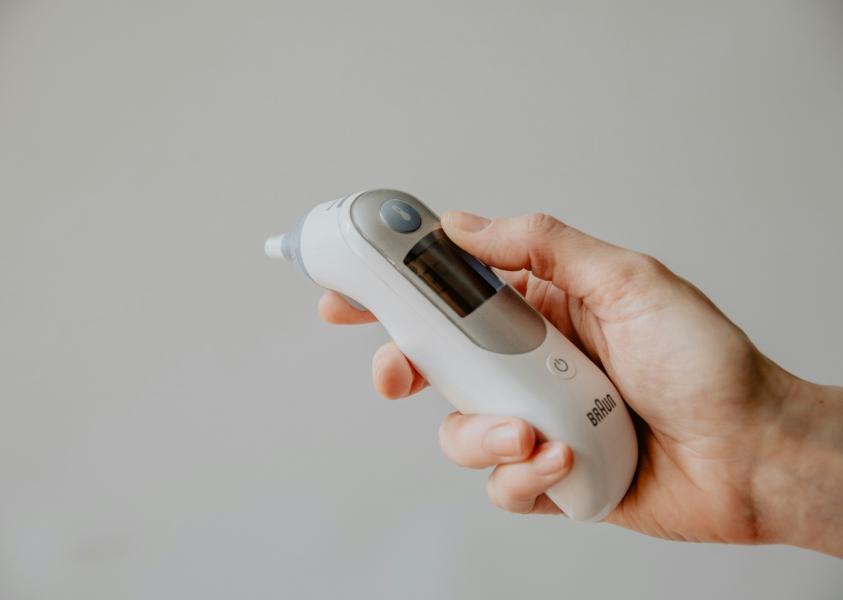What is Eczema?
Eczema – also commonly known as atopic eczema or atopic dermatitis – is a chronic skin condition that causes dry, irritated skin that can be itchy, red, cracked and sore2.

If so, you’re not alone. Dry skin on the body is a completely normal and unavoidable part of life that all of us will experience from time to time, particularly during winter with our central heated homes. But, for around 15 million of us1, dry skin is not just dry skin, it’s actually eczema.

Eczema – also commonly known as atopic eczema or atopic dermatitis – is a chronic skin condition that causes dry, irritated skin that can be itchy, red, cracked and sore2.


Some people will only have small patches of skin affected, while others may have large areas of the body covered in painful skin that constantly itches. People who live with eczema can have times when the condition seems barely noticeable and times when symptoms severely impact quality of life. The following are common symptoms:
If you have any of the following symptoms, you may have an infection and should speak to a doctor as soon as possible:

While eczema can affect any part of the body, symptoms most commonly appear on the hands and in the folds of the skin such as the inside of the elbows, back of the knees and under the arms. In children it often appears on the face and scalp. Because of the discomfort and pain of eczema, and its visibility on the body, it can also affect mental health, including:

Eczema should always be diagnosed by a doctor as they will want to rule other dry skin conditions or causes such as a food allergy. They will usually be able to diagnose you by looking at the affected areas of skin and asking a few questions. Eczema is more likely in those with a family history of asthma or hay fever, so they will ask you about your family health as part of the appointment.
If your doctor diagnoses eczema, don’t worry – while there is no cure, there are plenty of things you can do for the treatment of eczema, to help reduce the itching and soothe the skin. Many treatments, including Cetraben are available over the counter at the pharmacist or in Boots, Lloyds Pharmacy and Tesco stores nationwide.
Find out more about treating eczema and triggers to watch out for, here.